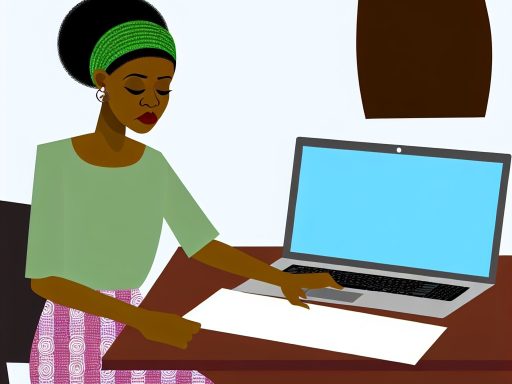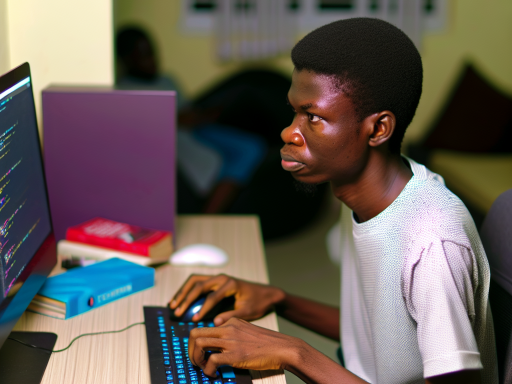Beginner’s Programming
Beginner’s Programming Guide
Programming is a valuable skill in today’s digital world for a beginner.
By learning the basics, beginners can build a strong foundation for future success.
Understanding Programming Languages
1. Choose a Language to Start
Beginners should start with a simple language.
Python is an excellent choice due to its readability and versatility.
Steps:
- Research Options: Explore different programming languages.
- Choose Python: Begin with Python for its beginner-friendly syntax.
- Set Goals: Define what you want to achieve with programming.
2. Learn Syntax and Basics
Understanding syntax is crucial in programming.
By mastering the basics, you can write functional and error-free code.
Key Concepts:
- Variables: Learn how to store and manipulate data.
- Loops: Use loops to repeat tasks efficiently.
- Conditions: Implement conditions to make decisions in your code.
Setting Up Your Programming Environment
1. Install a Code Editor
A code editor is essential for writing and testing code.
Beginners should start with a simple editor like Visual Studio Code.
Steps:
- Download Editor: Download and install Visual Studio Code.
- Explore Features: Familiarize yourself with the editor’s features.
- Set Up Extensions: Install useful extensions like Python support.
2. Write Your First Program
Writing your first program is an exciting milestone.
Start with a simple “Hello, World!” program to understand basic output.
Steps:
- Open Editor: Launch your code editor.
- Write Code: Type the “Hello, World!” program in your chosen language.
- Run Program: Execute the program to see the output.
Developing Problem-Solving Skills
1. Practice Regularly
Regular practice is key to becoming proficient.
By solving problems, you improve your coding skills and logical thinking.
Tips:
- Daily Coding: Set aside time each day to code.
- Start Small: Begin with simple challenges.
- Use Online Platforms: Practice on platforms like LeetCode or HackerRank.
2. Learn to Debug
Debugging is an essential skill. Understanding common errors helps you identify and fix issues in your code.
Steps:
- Read Errors: Understand error messages to find the problem.
- Use Print Statements: Insert print statements to trace your code.
- Test Sections: Test small sections of code to isolate bugs.
Building Projects
1. Start with Simple Projects
Building projects reinforces learning.
Start with small, manageable projects to apply your knowledge.
Project Ideas:
- Calculator: Create a basic calculator using loops and conditions.
- To-Do List: Develop a simple to-do list app to manage tasks.
- Quiz Game: Build a quiz game with questions and score tracking.
2. Expand Your Projects
As you gain confidence, expand your projects.
Adding complexity challenges you and deepens your understanding.
Ideas:
- Add Features: Introduce new features to existing projects.
- Incorporate Libraries: Use libraries to enhance functionality.
- Collaborate: Work with others on larger projects.
Staying Motivated
1. Join a Community
Joining a programming community offers support and motivation.
Engaging with others helps you stay committed to your learning journey.
Suggestions:
- Online Forums: Participate in forums like Stack Overflow.
- Social Media Groups: Join coding groups on platforms like Facebook or Reddit.
- Local Meetups: Attend local programming meetups or workshops.
2. Set Milestones
Setting milestones keeps you on track.
Celebrate each achievement to stay motivated and continue progressing.
Tips:
- Define Goals: Set short-term and long-term goals.
- Track Progress: Monitor your progress regularly.
- Reward Yourself: Celebrate each milestone with a reward.
Conclusion
Programming for beginners is an exciting journey that requires dedication and practice.
By choosing a language, setting up your environment, and developing problem-solving skills, you can build a strong foundation in coding.
Engaging in projects, joining communities, and setting milestones will keep you motivated as you progress.
Embrace these steps to become a proficient programmer and unlock new opportunities in the tech world.









